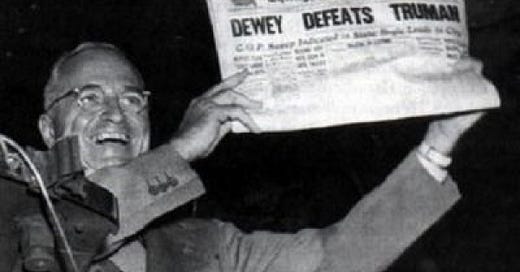THB #274: How NYT's Brooks Barnes Spins Opinion Instead Of Doing Journalism
“This is about more than money: Hollywood sees the shift as an affront to its identity. Film power players have long clung to the fantasy that the cultural world revolves around them, as if it were 1940. But that delusion is hard to sustain when their lone measuring stick — bodies in seats — reveals that the masses can’t be bothered to come watch the films that they prize most. Hollywood equates this with cultural irrelevancy.”
- New York Times, Highbrow Films Aimed at Winning Oscars Are Losing Audiences
I haven’t read a more offensive - or stupid - take on how the industry feels about the theatrical business by a legitimate media source than this, in… well, maybe ever.
If you are a “film power player,” you should be deeply offended. This joker, Brooks Barnes - who has been on this beat long enough to not write delusional, baiting crap like this - is putting words in people’s mouths in the New York Times because he is rationalizing his own position. Not proving his reporting… prioritizi…
Keep reading with a 7-day free trial
Subscribe to The Hot Button by David Poland to keep reading this post and get 7 days of free access to the full post archives.




